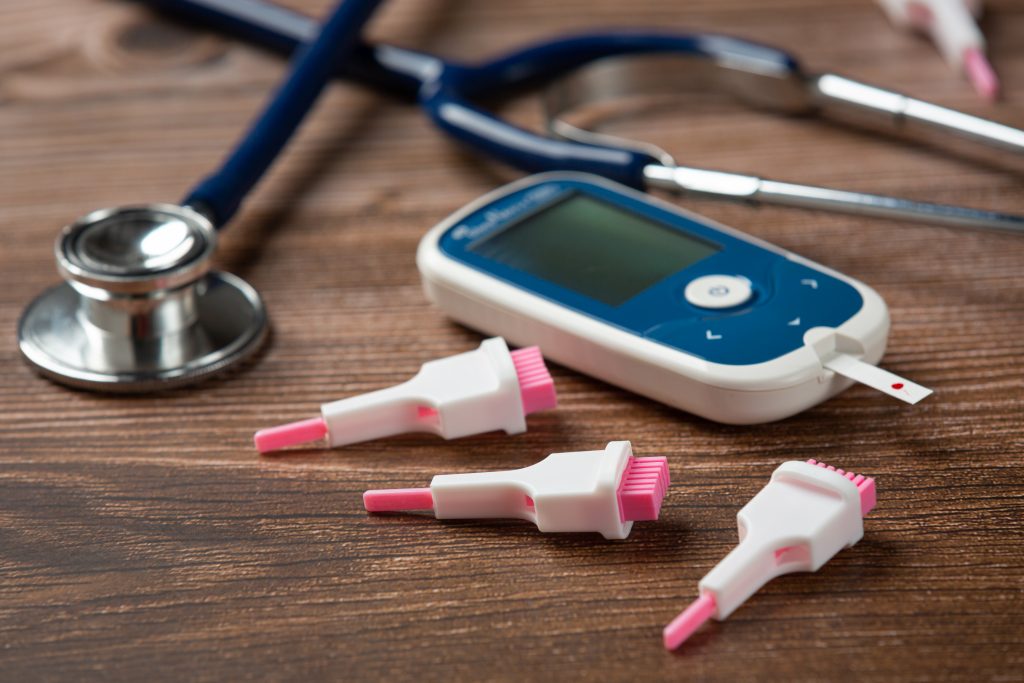About NAD+
Recent studies have revealed that decline in cellular nicotinamide adenine dinucleotide (NAD+ ) levels causes aging-related disorders and therapeutic approaches increasing cellular NAD+ prevent these disorders in animal models. The administration of nicotinamide mononucleotide (NMN) has been shown to mitigate aging-related dysfunctions. However, the safety of NMN in humans has remained unclear. We, therefore, conducted …





